Hunter Biden has been a central figure in one of the most contentious political narratives of recent years. On Sunday, President Joe Biden officially pardoned his son, granting clemency for federal tax and gun-related convictions. This unprecedented decision, announced as President Biden prepares to leave office, has sparked significant political debate.
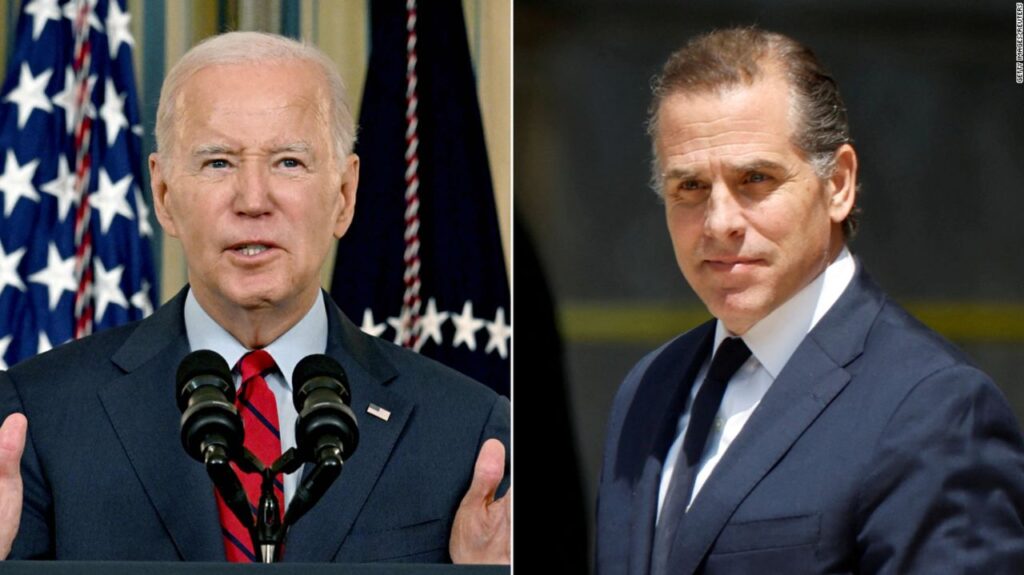
The president’s statement read, “Today, I signed a pardon for my son Hunter.” This act of clemency is “full and unconditional,” covering both past convictions and potential offenses committed between January 1, 2014, and December 1, 2024.
The Scope of the Pardon
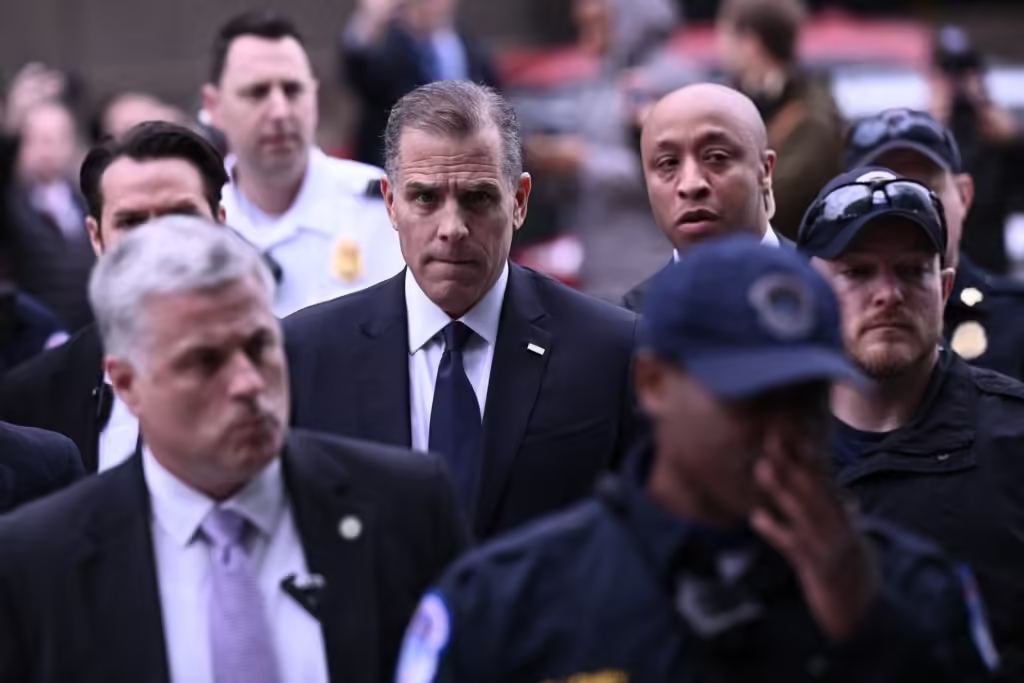
This pardon is not limited to the charges currently pending against Hunter Biden. It also encompasses potential federal offenses related to his controversial business dealings overseas, including his tenure on the board of the Ukrainian energy company Burisma and other ventures in China.
Hunter Biden’s legal team promptly filed motions to dismiss all charges, citing the president’s pardon. The courts are now expected to halt sentencing proceedings, initially scheduled for mid-December.
A Father’s Defense
President Biden framed his decision as a response to what he perceives as politically motivated prosecutions. He stated, “Hunter was treated differently from others who commit similar crimes, and I believe the justice system was infected by raw politics.” The president further argued that his son was unfairly targeted due to their familial connection, alleging selective prosecution orchestrated by his political adversaries.
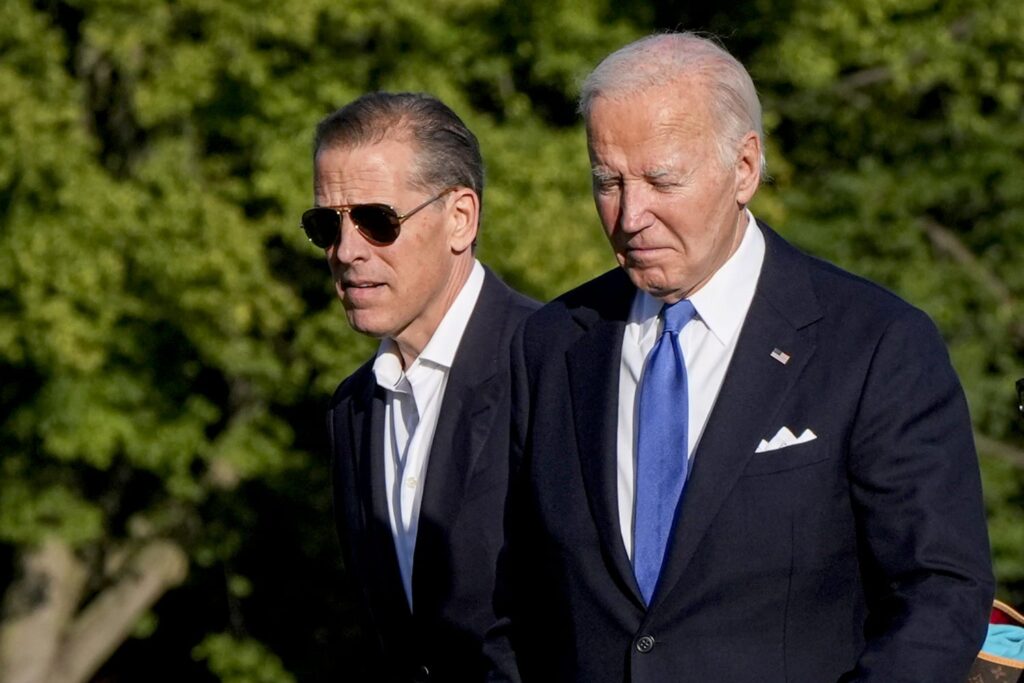
Hunter Biden echoed these sentiments, expressing gratitude for the pardon while acknowledging his past mistakes. In a statement, he said, “I have admitted and taken responsibility for my mistakes during the darkest days of my addiction… I will never take the clemency I have been given today for granted.”
The Road to Controversy
Hunter Biden’s legal troubles have been a six-year saga. His criminal cases began in 2018 under the investigation of David Weiss, a Trump-appointed U.S. Attorney. In June 2023, Hunter Biden was convicted of illegally purchasing a firearm while struggling with addiction. Later, he pleaded guilty to tax offenses, acknowledging he failed to pay $1.4 million in taxes during a period of heavy personal spending.
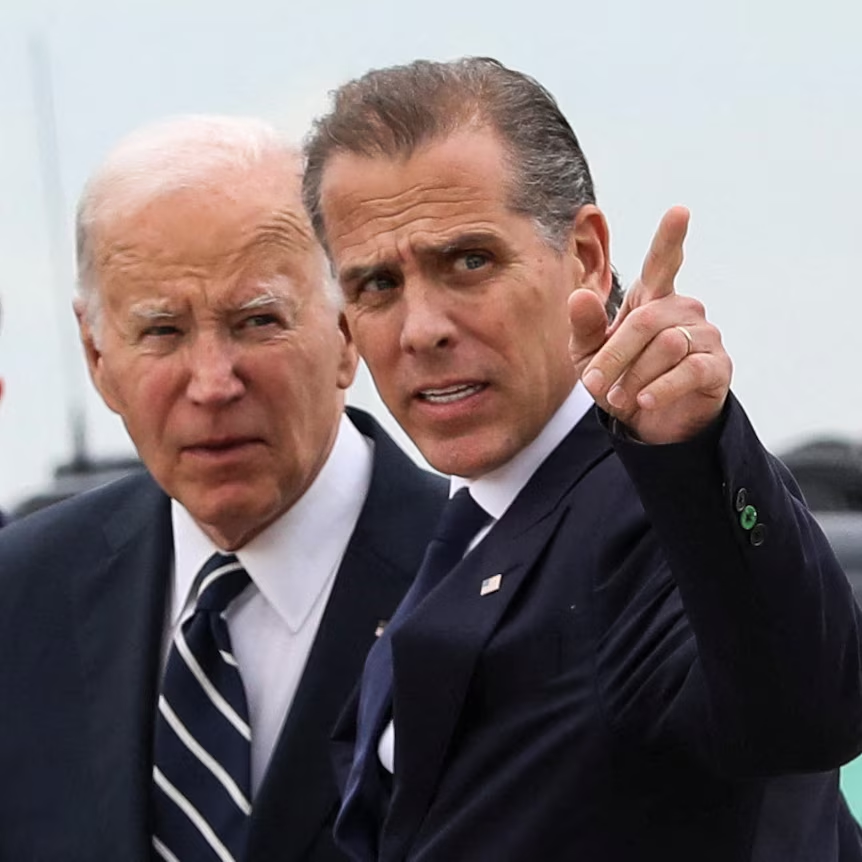
While his legal team argued that Hunter’s issues were addiction-related and should have been treated with leniency, critics claimed the president’s son received preferential treatment.
Political Implications
President Biden’s decision has reignited debates over the limits of executive clemency. Critics, including former President Donald Trump, have accused Biden of abusing his powers. Trump labeled the pardon “a miscarriage of justice,” fueling concerns about its broader implications for accountability and governance.
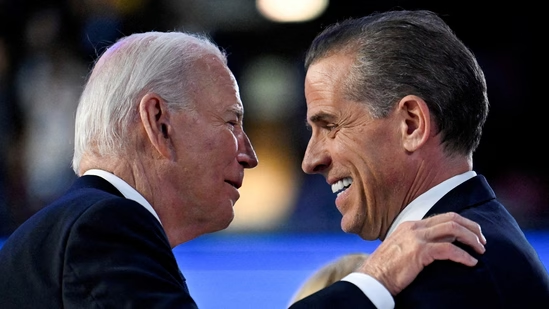
Historically, presidents have occasionally used clemency powers to assist family members. Notably, Bill Clinton pardoned his brother, and Trump pardoned Charles Kushner, the father of his son-in-law. While legal, these decisions often invite scrutiny regarding the motivations behind them.
The Human Angle
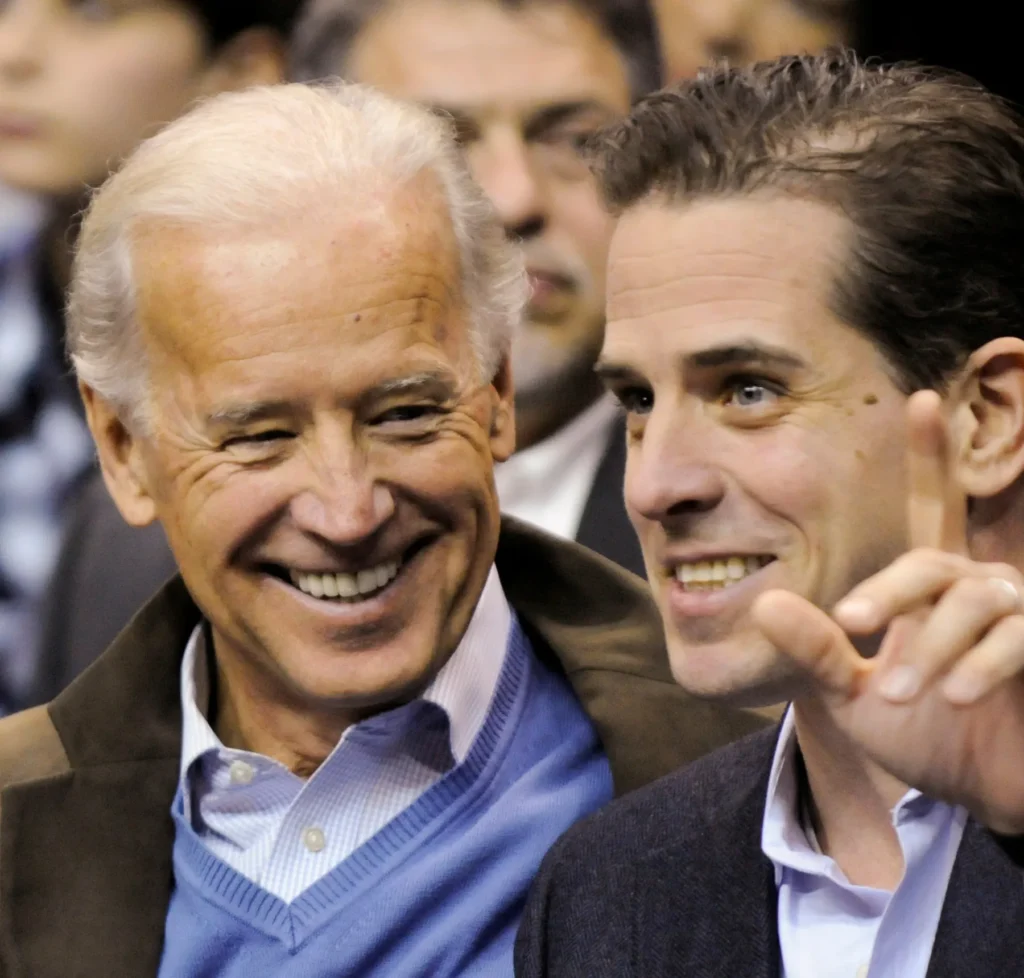
The president’s decision appears deeply personal, rooted in his bond with his son and Hunter’s battle with addiction. Sources close to the Biden family revealed that the president wrestled with the decision throughout the Thanksgiving holiday.
President Biden highlighted Hunter’s sobriety over the past five and a half years as evidence of his resilience. He added, “I hope Americans will understand why a father and a president would come to this decision.”
Public Reaction
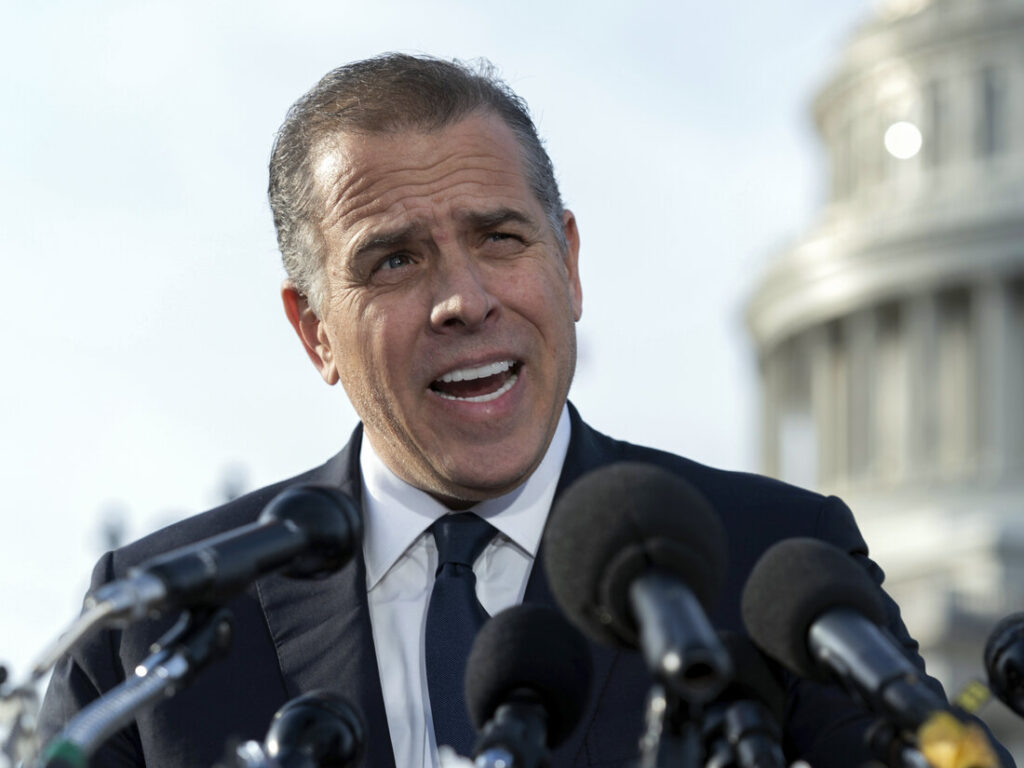
Public opinion remains sharply divided. Supporters argue the pardon reflects compassion and underscores the complexities of addiction and justice. Critics contend it undermines the rule of law and sets a dangerous precedent.
Political analysts suggest the pardon could have lasting repercussions for the Biden legacy. Some argue it signals empathy and family loyalty, while others warn it could erode public trust in impartial justice.
Looking Ahead
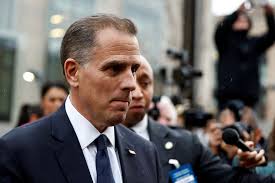
As the dust settles, Hunter Biden’s case continues to be a focal point for partisan debate. His legal battles may be over, but the political ramifications of this pardon are likely to persist.
President Joe Biden’s decision to pardon his son Hunter will undoubtedly shape public discourse and the legacy of his presidency. While it resolves Hunter’s immediate legal troubles, it raises enduring questions about justice, politics, and the power of forgiveness in the highest office.